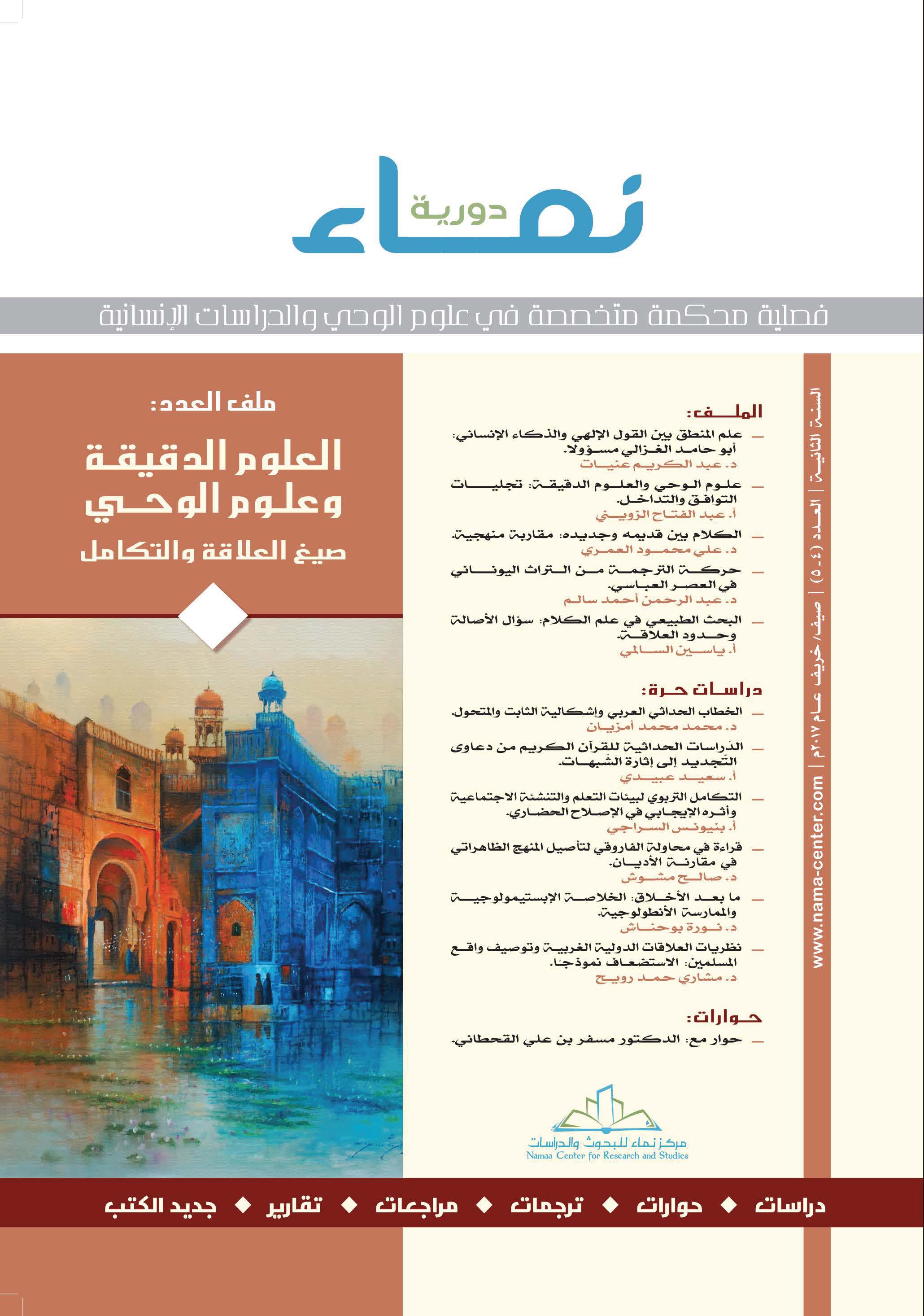Western International Relations Theories and Describing the Reality of Muslims: Vulnerability as a Model
Abstract
This research offers a model for benefiting from the theoretical tools of one of the social sciences, that is, international relations, with the aim of serving legitimate research. It deals with the vulnerability, which has an Islamic legal and moral basis, as an example of the benefits that the theoretical tools of the field of international relations can offer to describe the reality of Muslims in international relations, without compromising the Islamic angle of observation of this description. The first chapter of the research provides a framework for this practice and the extent of its need in legal research by focusing on the importance of accurately describing reality as an integral part of the process of reaching a legal ruling. The second chapter provides a general view of the theoretical frameworks of international relations to clarify the position of the theoretical tools used in this research, which adopts the synthetic and social approach. The third chapter prepares the concept of vulnerability and links it theoretically to a social structural framework borrowed from Western international relations theories. The fourth chapter offers a general discussion about the nature of vulnerability and its substance in terms of adopting the values of modernity and political dependence, and placing them on the externality of vulnerability developed in this research.
Full text article
Authors

This work is licensed under a Creative Commons Attribution-NonCommercial 4.0 International License.
yright and License
Researchers always have copyright. The research published in the Journal is licensed under the Creative Commons Attribution-Noncommercial 4.0 International License. This means that every person can download, read and use the research, provided that he/she relates it to its author appropriately, stating any amendments made. This work cannot be used for commercial purposes.

